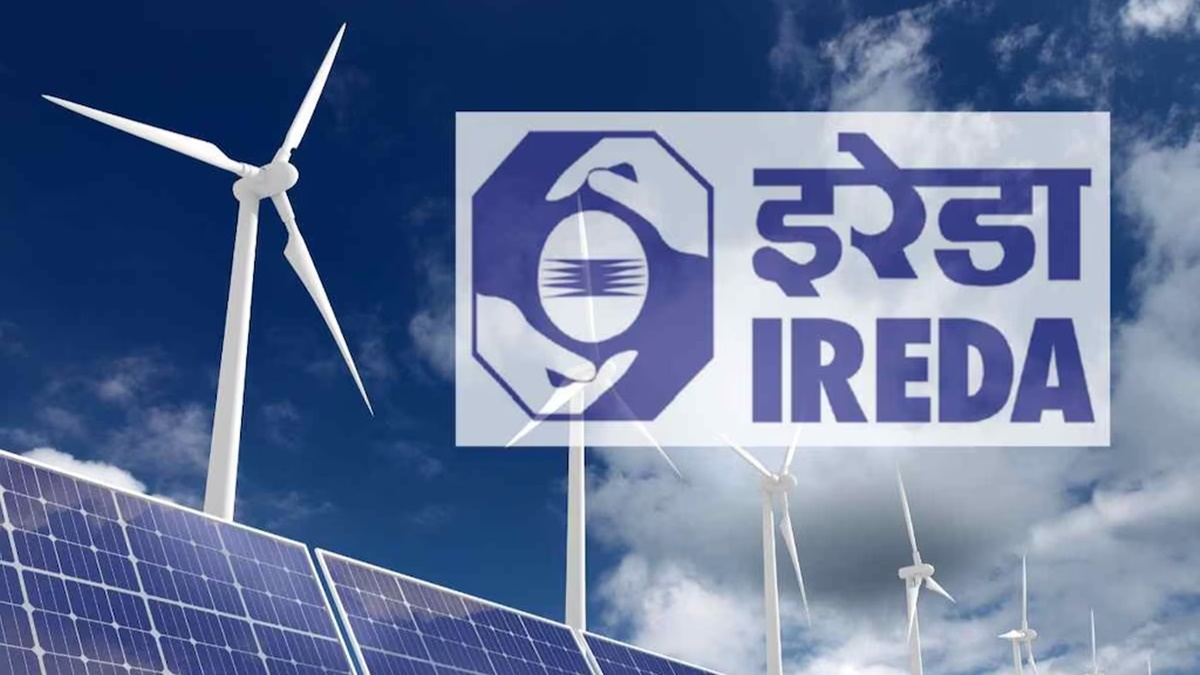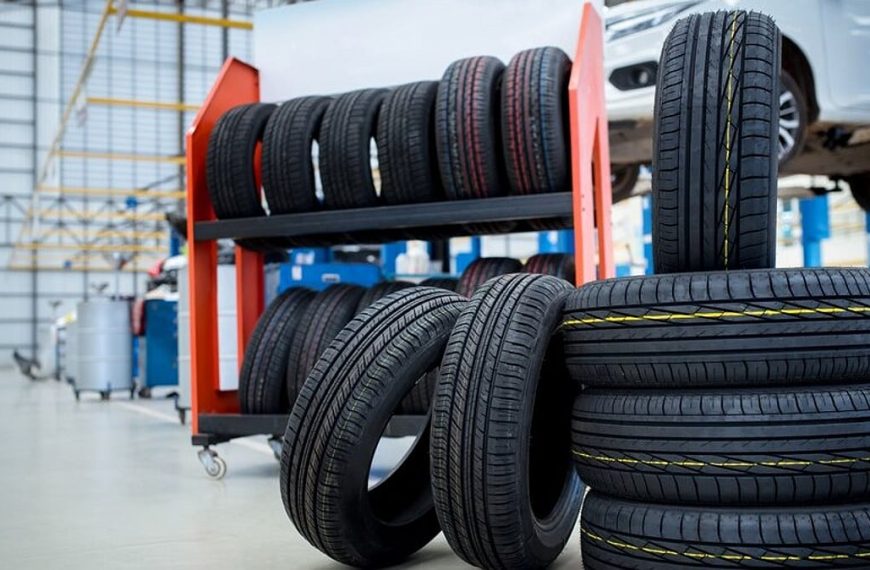The Indian Renewable Energy Development Agency (IREDA) has initiated insolvency proceedings against Gensol Engineering, citing a significant default on a Rs 510 crore payment. This move unfolds shortly after the Securities and Exchange Board of India (SEBI) barred Gensol and its key stakeholders, Anmol Singh Jaggi and Puneet Singh Jaggi, from participating in the securities market due to serious allegations of fund mismanagement and governance issues. In a related development, Gensol announced that the Securities Appellate Tribunal has permitted them to respond to SEBI’s interim order.
Insolvency Filing and Its Implications
In a recent stock exchange announcement, IREDA disclosed that it had submitted a petition under Section 7 of the Insolvency and Bankruptcy Code. This petition stems from Gensol’s failure to repay the substantial Rs 510 crore loan. If the National Company Law Tribunal (NCLT) accepts this petition, it could result in the complete loss of equity for current shareholders. Additionally, creditors will need to present their claims to a resolution professional appointed by the court for potential debt recovery.
Previous Allegations and Investigations
This isn’t the first time Gensol has faced scrutiny. In April, IREDA lodged a complaint with the Economic Offences Wing (EOW), accusing the company of document falsification and initiating an internal audit. Power Finance Corporation has also leveled similar accusations against Gensol, further complicating the situation.
Leadership Changes Amid Regulatory Scrutiny
In a significant shift, Gensol’s Managing Director, Anmol Singh Jaggi, along with his brother, Puneet Singh Jaggi, resigned earlier this week. This decision follows SEBI’s prohibition on their ability to hold leadership roles within the company. SEBI’s investigation suggests that the Jaggi brothers were involved in misappropriating funds raised by Gensol for personal luxury expenditures and defaulting on loans. This includes loans acquired for financing electric vehicles for BluSmart Mobility. In late April, India’s financial investigation agency conducted raids at Gensol’s offices, seizing crucial documents and electronic devices. SEBI also mandated a forensic audit to further investigate the company’s financial practices.
Conclusion
The developments surrounding Gensol Engineering illustrate the severe implications of financial mismanagement and regulatory oversight in the renewable energy sector. As the situation unfolds, the outcomes of the insolvency proceedings and ongoing investigations will be pivotal for the company and its stakeholders. For more insights on the evolving landscape of renewable energy financing in India, visit this link for expert opinions and analyses.











